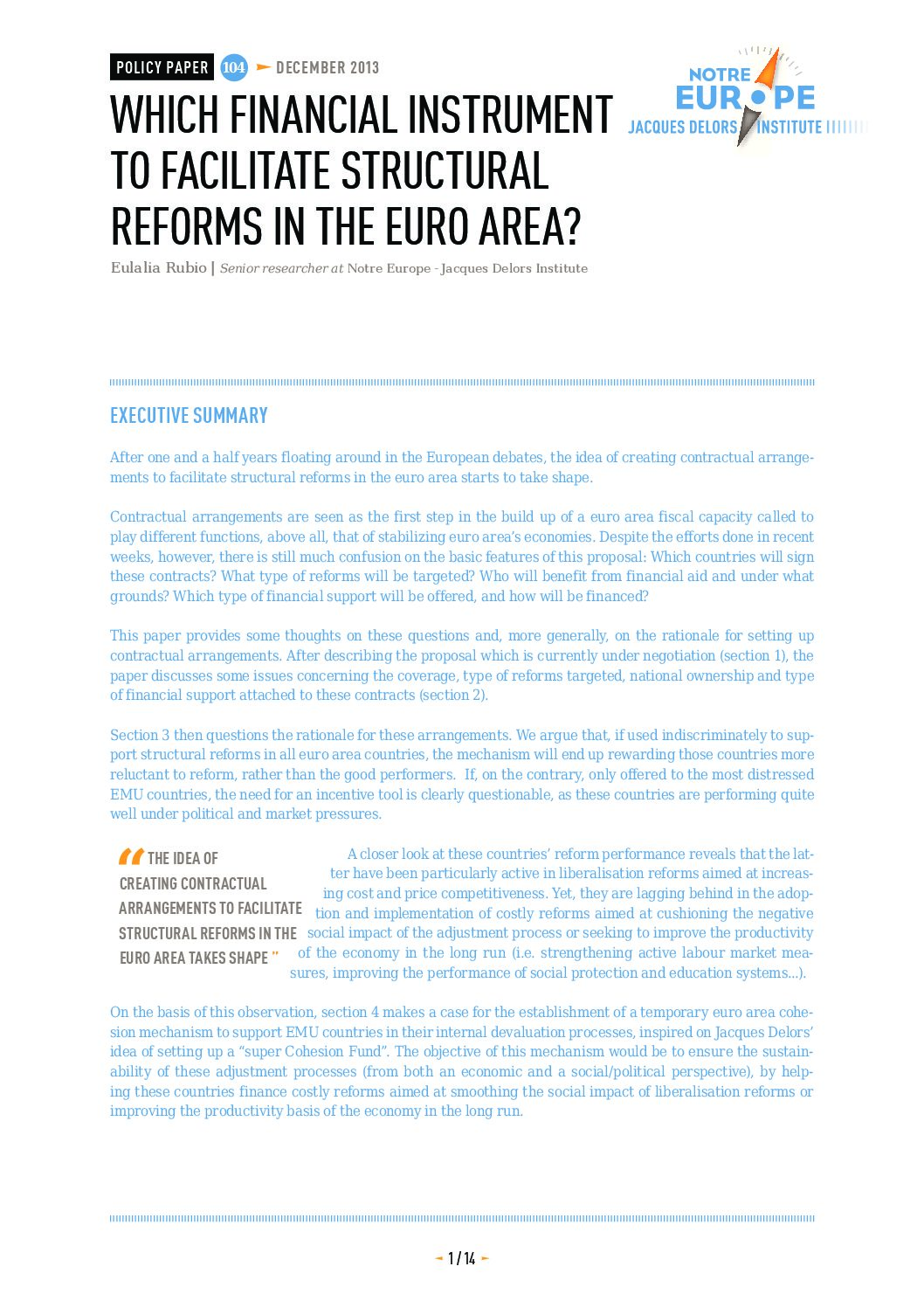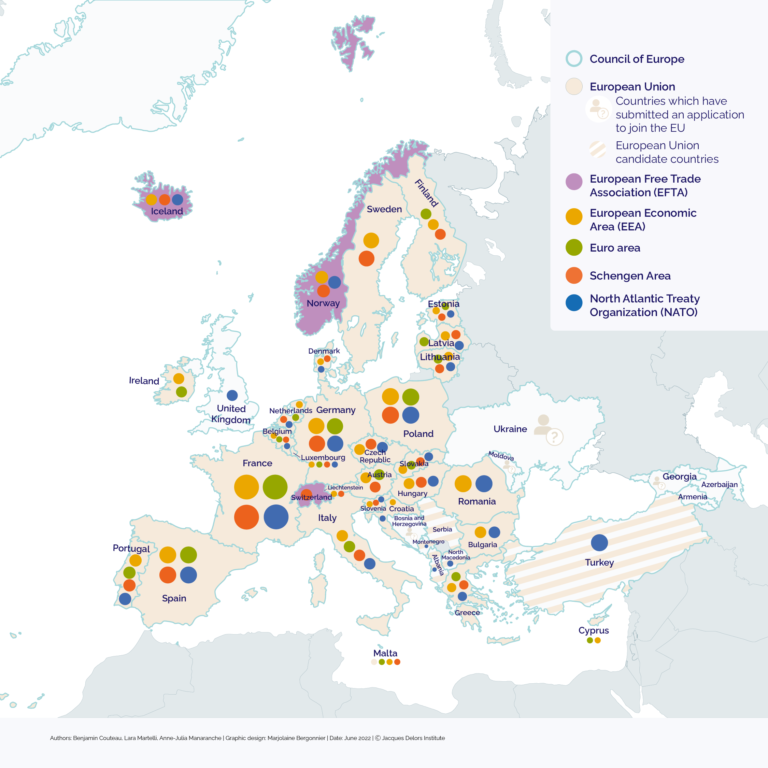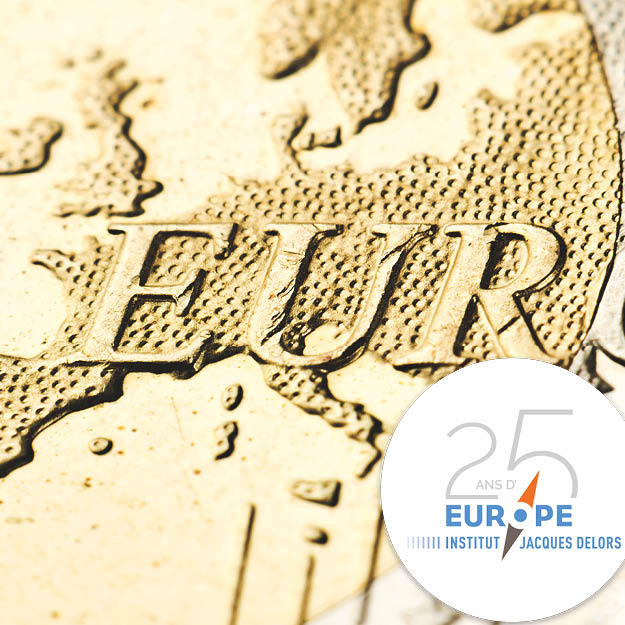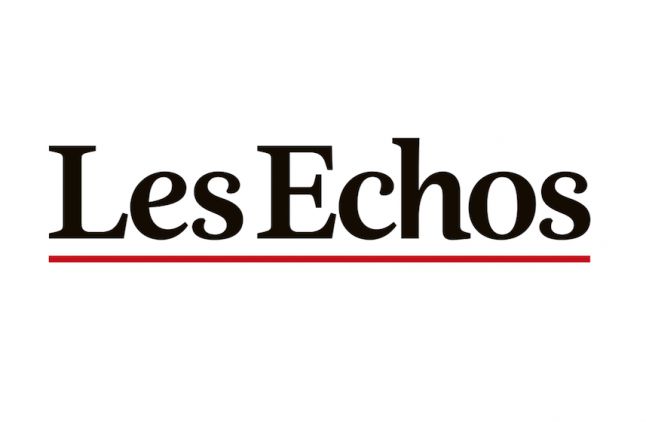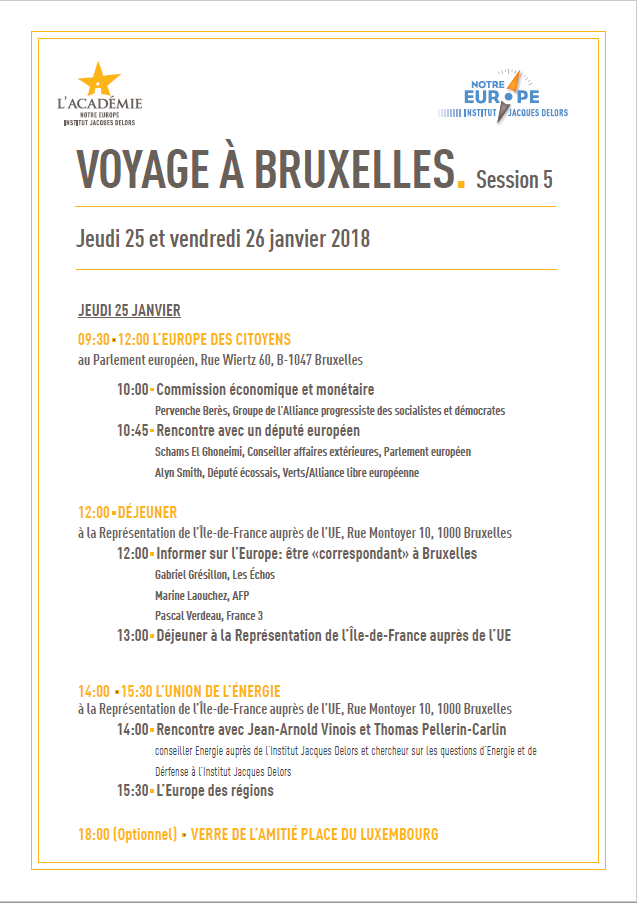Blog post 104
Which financial instrument to facilitate structural reforms in the euro area?
The idea of creating contractual arrangements to facilitate structural reforms in the euro area starts to take shape. This policy paper by E.Rubio provides some thoughts on this proposal and, more generally, on the rationale for setting up an incentive tool to facilitate reforms in the euro area.
The idea of creating contractual arrangements to facilitate structural reforms in the euro area starts to take shape. This policy paper by Eulalia Rubio provides some thoughts on this proposal and, more generally, on the rationale for setting up an incentive tool to facilitate reforms in the euro area.
After analyzing the proposal which is currently under negotiation (section 1), the paper discusses some issues concerning the coverage, type of reforms targeted, national ownership and type of financial support attached to these contracts (section 2).
Section 3 then takes a closer look at the rationale for these arrangements. It questions the causal assumptions in which is based the proposal and makes a case for switching from a logic of incentives to a logic of solidarity.
Section 4 sketches out the basic features of an alternative to contractual arrangements: a euro area solidarity instrument to support countries undertaking internal devaluation processes, inspired on Jacques Delors’ idea of setting up a “super Cohesion Fund” for the most distressed EMU countries.
SUR LE MÊME THÈME
ON THE SAME THEME
PUBLICATIONS
The war in Ukraine:
what are the consequences for European organisations?

After Brexit, euro-denominated derivatives transactions should leave the City

The Euro as seen by citizens who do not yet have it

MÉDIAS
MEDIAS
Marine Le Pen might be about to wreck the eurozone

L’Irlandais Paschal Donohoe reconduit à la présidence de l’Eurogroupe

Il y a vingt ans, l’arrivée des premiers euros

ÉVÉNEMENTS
EVENTS
Paris, 12 April 2019 – Session no.6 of the Académie Notre Europe: economic and monetary Union

Berlin, 19 September 2018 – Making Europe’s Economic Union Work

Paris, 20 June 2018 – Future Europe

Luxembourg, 20 June 2018 – The reform of the EMU: which social dimension?

Nicosia, 16 March 2018 – The political landscape of EMU reform

Sofia, 9 March 2018 – The future of the EU budget

Athens, 8 February 2018 – Athens’ days: Greece, paths for hope

Bruxelles, 25 January 2018 – Academy study trip to Brussels

Paris, 8 December 2017 – Academy: Political and Social Europe

Barcelona, 22 September 2017 – After the crisis, a push forward for the eurozone

Paris, 21 July 2017 – The future of the Eurozone and the Multiannual Financial Framework

Rome, 20 March 2017 – Completing economic governance and enhancing social cohesion

Lisbon, 24th January – High-level seminar on the future of the euro










